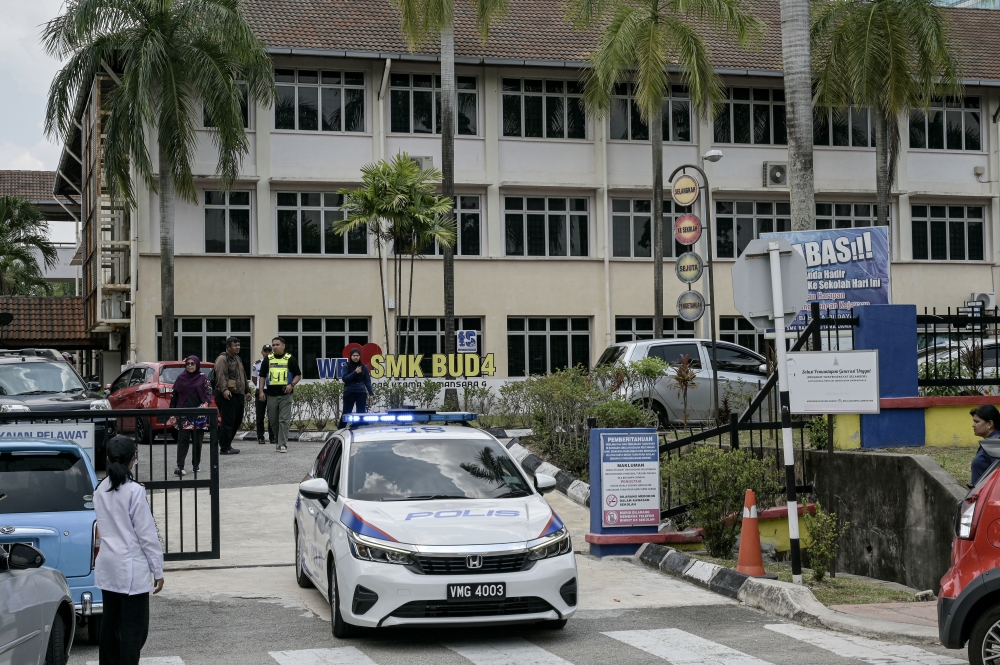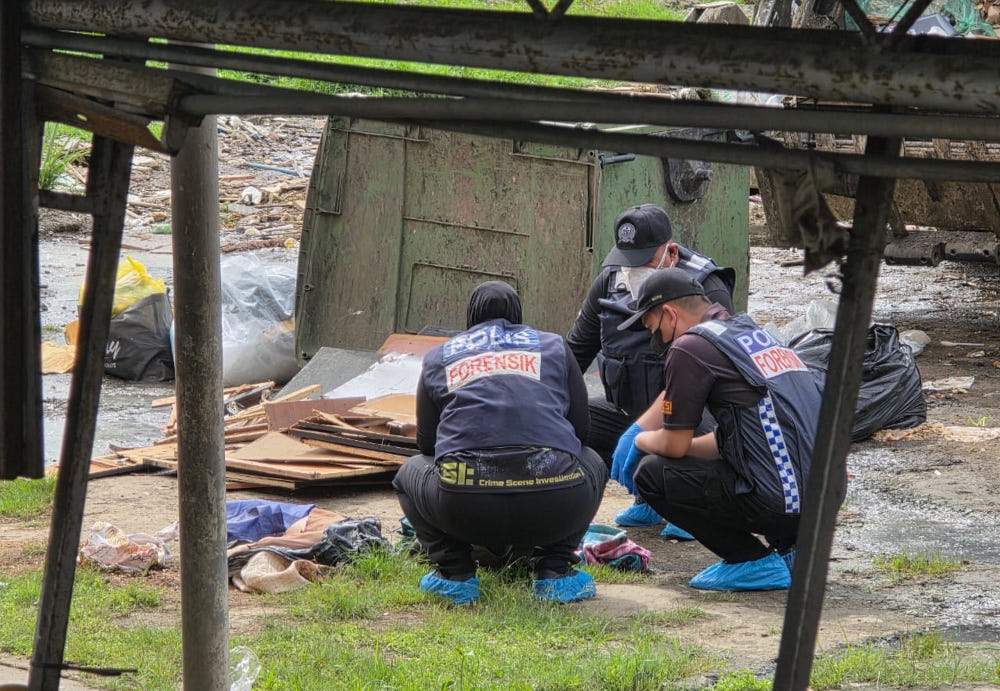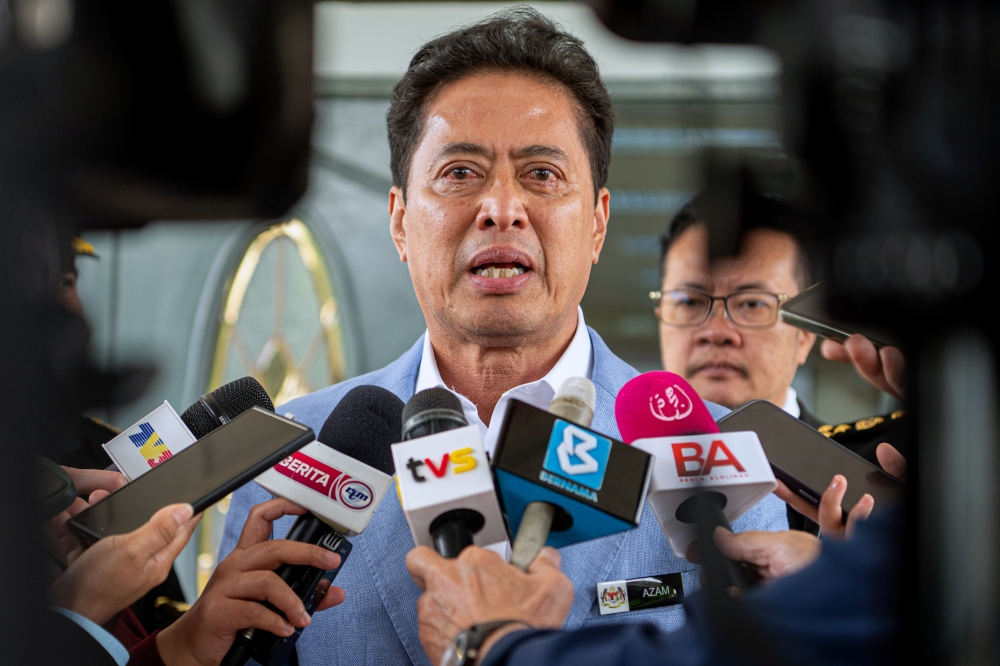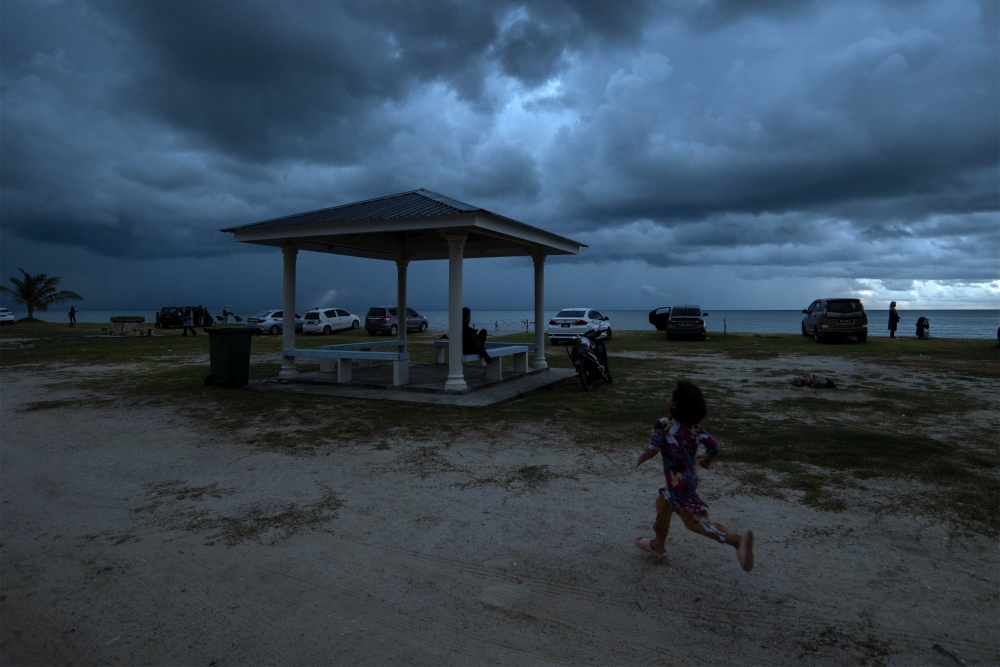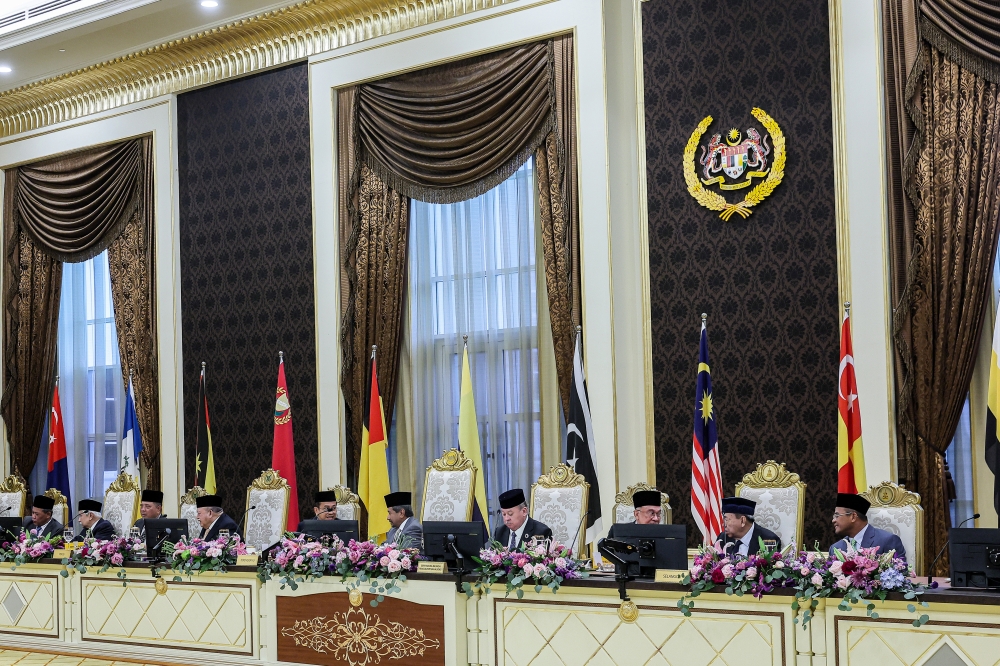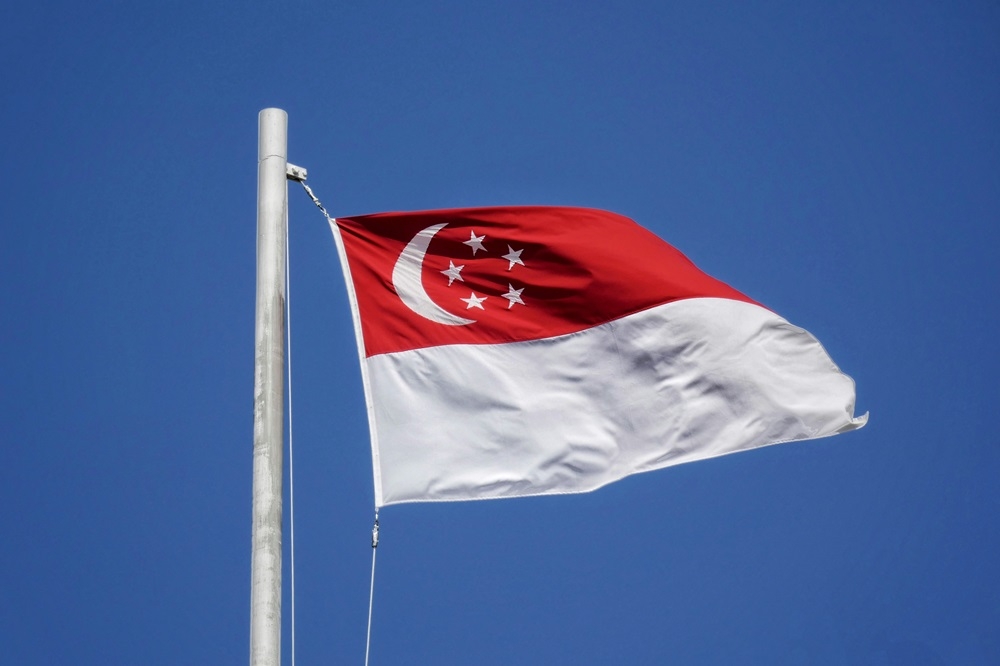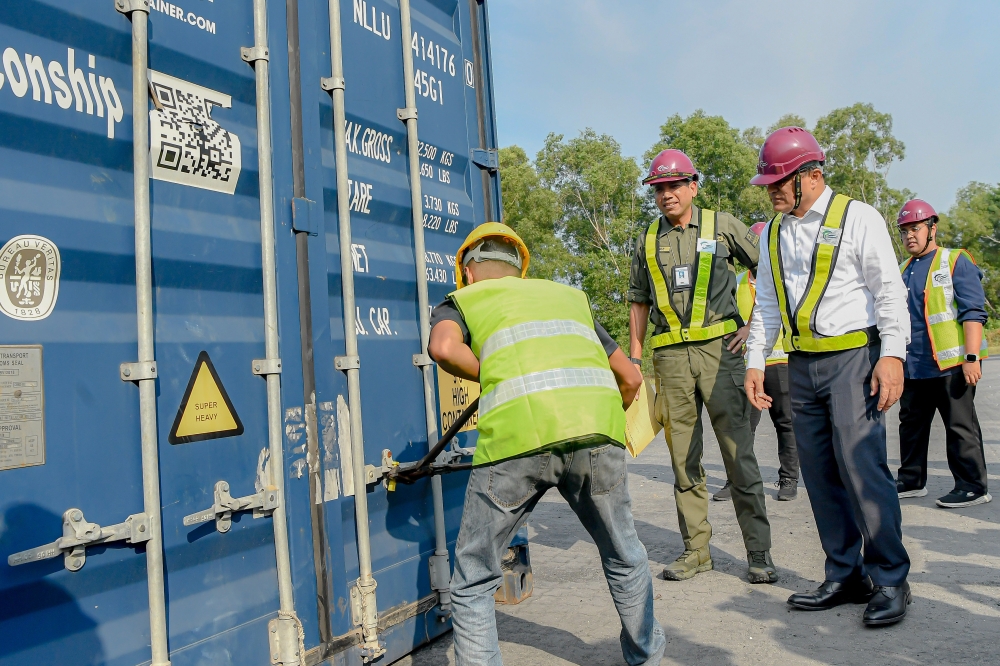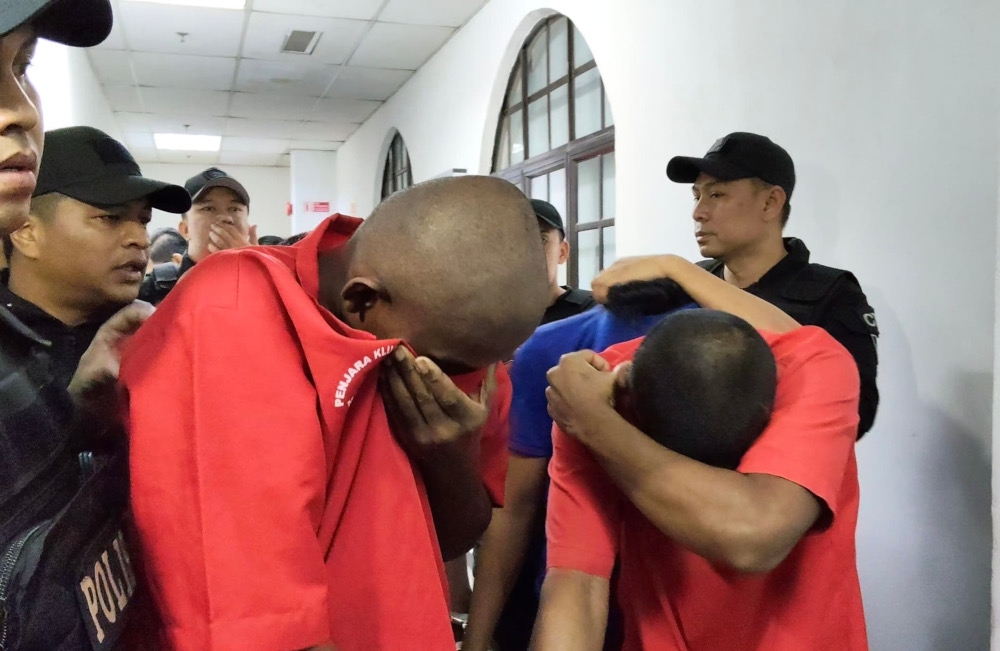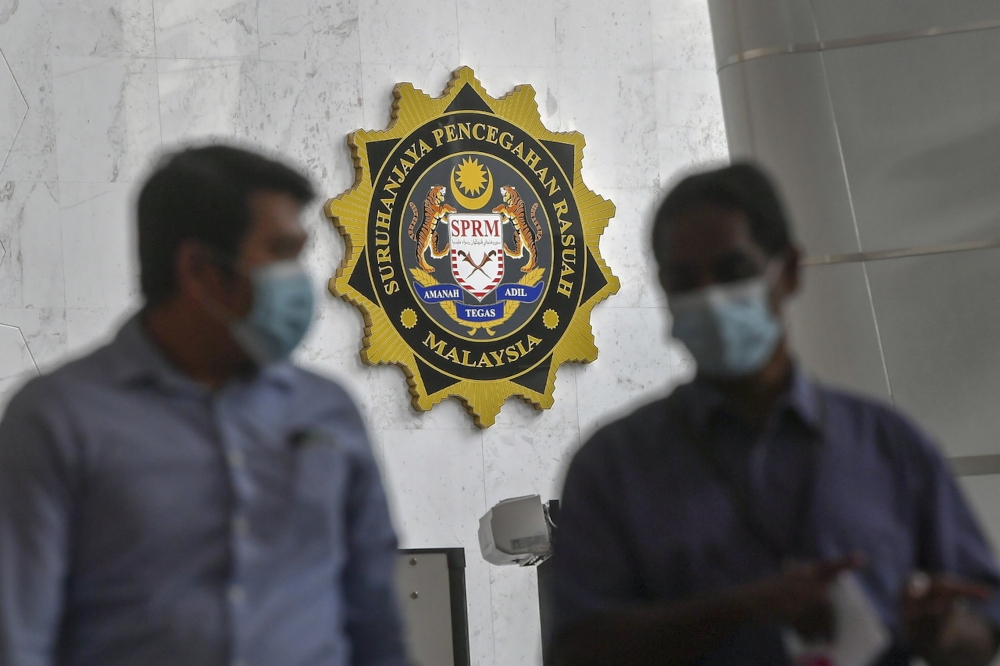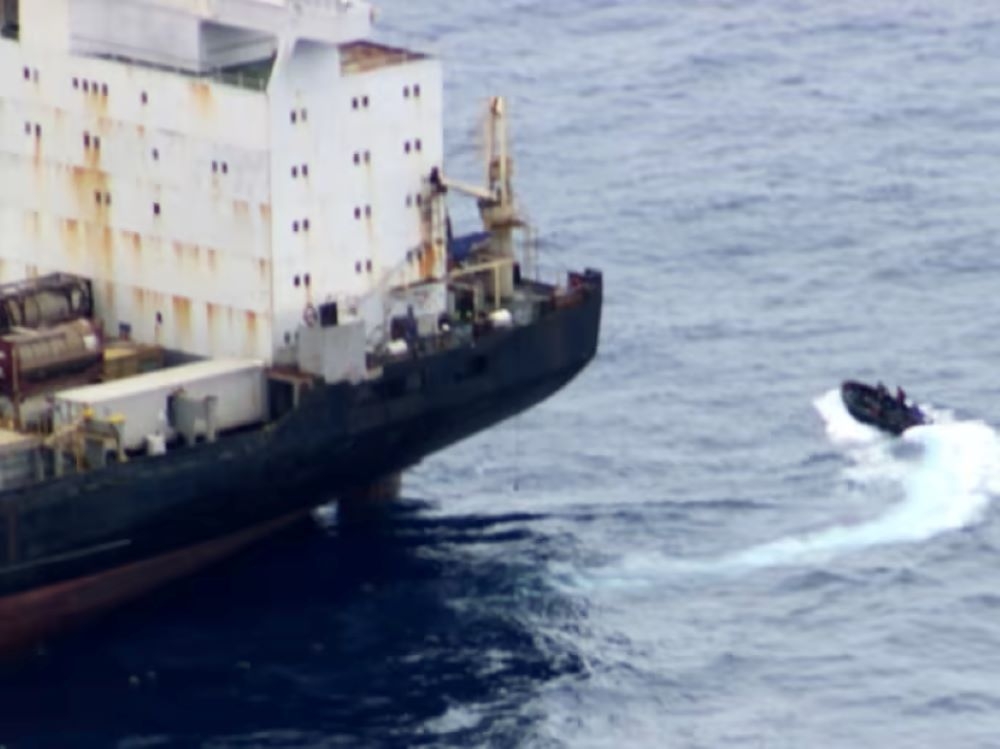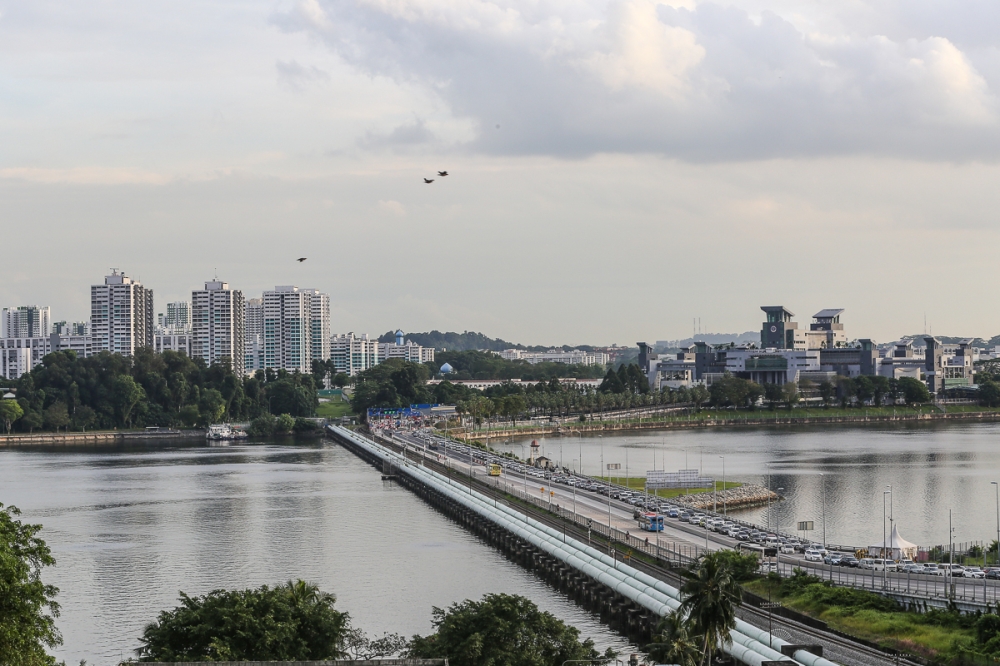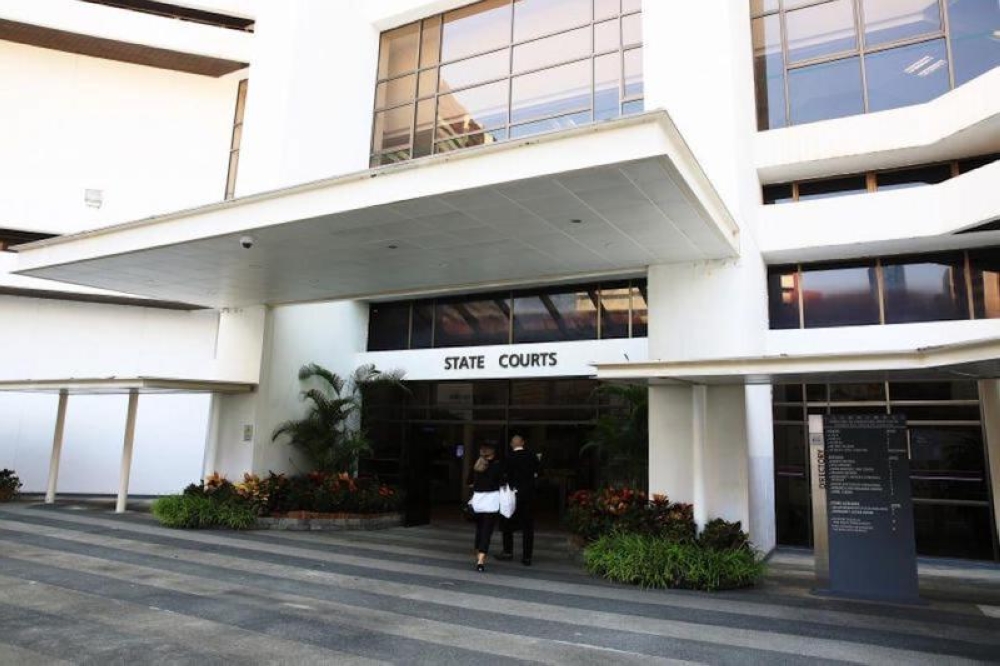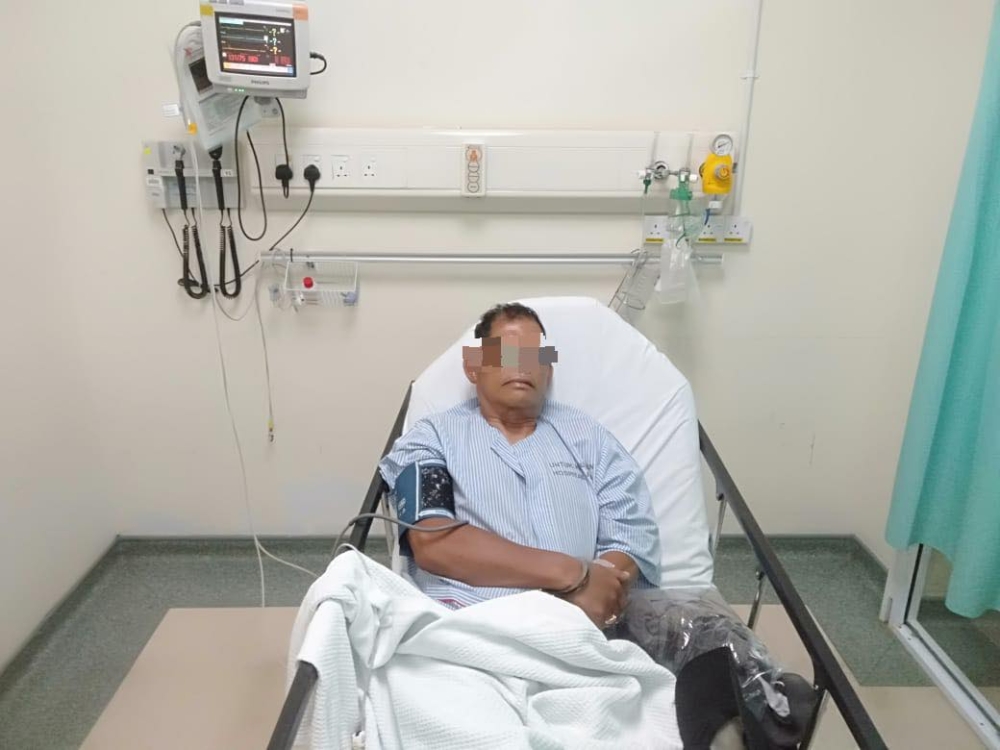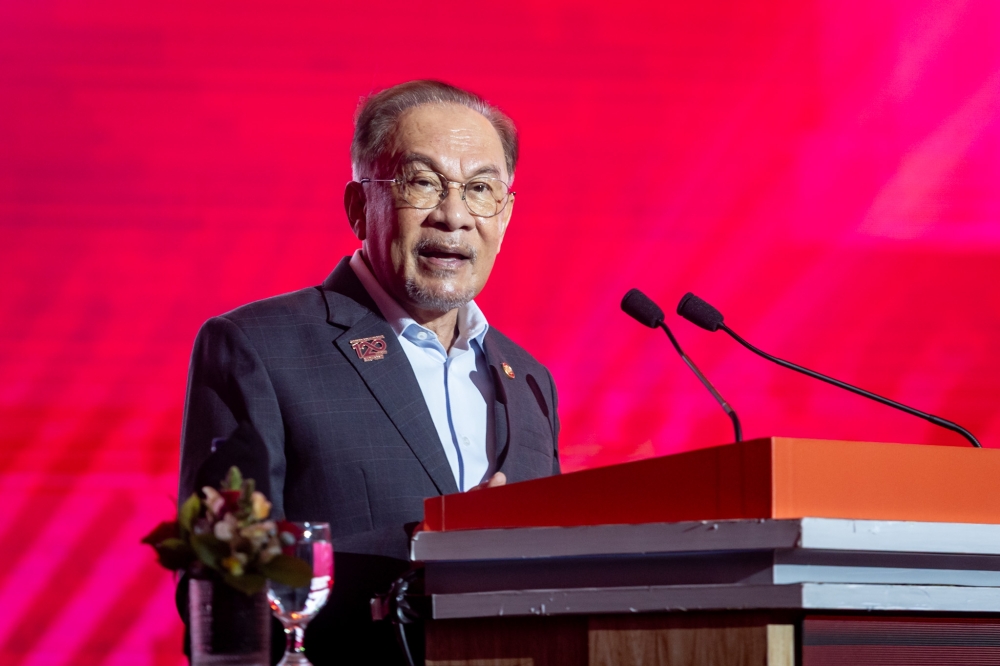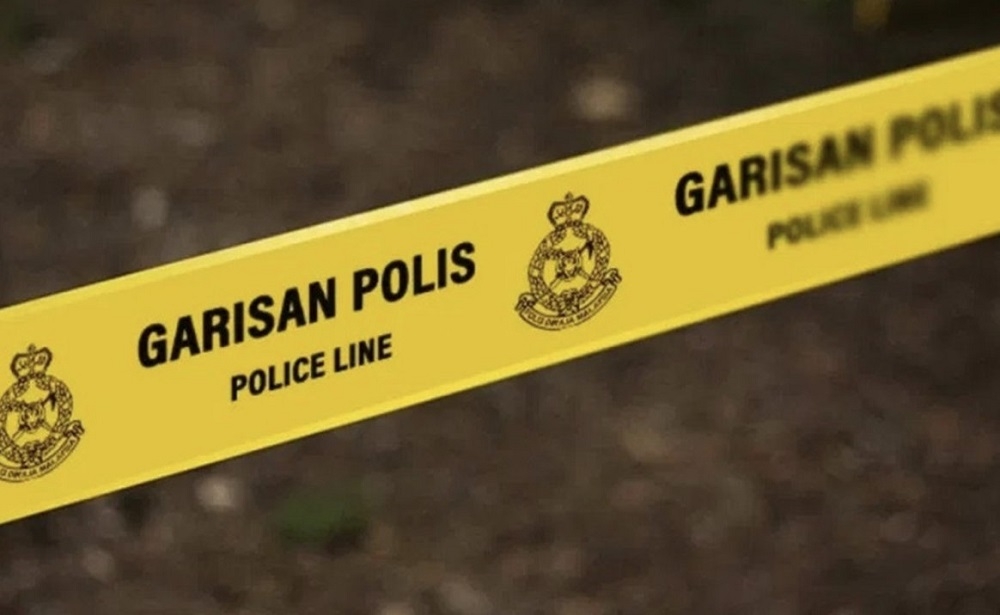SINGAPORE, April 14 — The authorities are still working to resolve the boarding of a Singapore-registered tanker by “unidentified persons” off Ivory Coast in western Africa on Monday with one Singaporean among the 20 crew members.
In a statement on Thursday evening, the Maritime and Port Authority of Singapore (MPA) said that the owner of the vessel, Success 9, had updated MPA that it had still been unable to establish communications with the tanker.
MPA said in response to TODAY’s queries that it had reached out to the authorities in the region including the Ivory Coast and Ghaha authorities for assistance.
It had also contacted a body that coordinates the efforts of five western African nations: Ivory Coast, Ghana, Guinea, Liberia and Sierra Leone, called the Monrovia Regional Maritime Rescue Coordination Centre.
“The Ivory Coast authorities have deployed their air and sea assets to the vicinity of the last known position of the vessel,” MPA added.
The vessel was boarded by the unidentified people about 300 nautical miles (555km) off Ivory Coast in the Gulf of Guinea, which has long been associated with incidents of piracy.
This is not the first time that a Singaporean has been on board a vessel that appears to have been hijacked.
In 2014, the MT Hai Soon oil tanker was carrying 21 sailors including 38-year-old Singaporean cargo officer Yeo Eu Loone when it was seized by pirates in waters off West Africa.
The crew members were released a week later, with all the sailors reportedly unhurt.
TODAY takes a closer look at the stretch of water where the incident took place, the international laws that apply, and just what happens when a Singaporean is caught up in such an attack in foreign waters.
How dangerousnis the Gulf of Guinea?
The incident on Monday occurred in the Gulf of Guinea, which was identified as “the world’s hot spot for maritime piracy” in a policy brief published by the Geneva Centre for Security Policy in 2022.
Findings from the annual piracy report by the International Chamber of Commerce’s International Maritime Bureau (IMB) showed that 135 crew members were kidnapped from their vessels in 2020, with the Gulf of Guinea accounting for more than 95 per cent of crew members kidnapped.
“Incidents in the Gulf of Guinea are particularly dangerous as over 80 per cent of attackers were armed with guns,” IMB said.
Crew kidnappings were reported in 25 per cent of vessel attacks in the Gulf of Guinea — more than any other region in the world.
Since then, however, a November 2022 report by the United Nations’ Secretary-General to the United Nations Security Council found that the Gulf of Guinea has witnessed a steady decline in incidents of piracy and armed robbery at sea.
This decline was attributed to the concerted efforts of national authorities — with the support of regional and international partners — the regular deployment of naval assets by international partners, and piracy convictions in Nigeria and Togo in 2021, among other factors.
IMB’s latest quarterly report published on Thursday showed that incidents within the Gulf of Guinea waters and its ports continue to decline somewhat — with five incidents reported in the first quarter of this year, compared to six in the same period of 2022 and 16 in 2021.
What happens when a vessel is hijacked or boarded by pirates?
Dennis Tan, a shipping lawyer and partner at DennisMathiew Shipping Lawyers, said that when a foreign-registered vessel is seized or attacked in a country’s territorial waters, and where its crew members are seized by pirates, shipowners and their insurers may contact the local authorities directly to seek help in freeing their ships.
Shipowners may also take this action through their ship registry or local maritime authority, he added.
What are the obligations of the nation where the vessel is registered?
The Singapore-registered Success 9 is owned by Hai Soon Group, a Singapore-registered company.
Prakaash Silvam, a partner at law firm Oon & Bazul and head of its shipping department, said that the Singapore authorities are not obliged to procure the safe release of a hijacked vessel and crew just because the vessel is Singapore-registered.
However, he added that “ostensibly, Singapore would be interested to do so, and it would be reasonable to expect that Singapore would co-operate with the coastal state in these efforts”.
Typically, a vessel on the high seas sits under the exclusive jurisdiction of the state where it is registered, and cannot be boarded without the flag state’s consent, Silvam said.
An exception to this rule is when piracy is involved — giving warships of foreign states the right to intervene and arrest the pirates.
Tan said: “Of course, there may be a practical limit to what ship registries can do if practical assistance cannot be provided by the authorities in the foreign country, because the local authorities are not able to exert control or can carry out effective law enforcement in their waters and coastal areas — or in some cases, are half-hearted in assisting for various reasons.”
What are the obligations of a country when hijacking occurs in its waters?
The obligation of the particular country is contingent on whether it had ratified the United Nations Convention on the Law of the Sea (Unclos), Silvam said.
“Unclos provides that all states have a duty to cooperate in the repression of piracy. This gives them the right to seize pirate ships and arrest the pirates.”
If an attack takes place within a coastal state’s maritime zone, it would have to take the necessary measures to repress the attack. In such a case, the Singapore authorities would not have the power to arrest the pirates, he added.
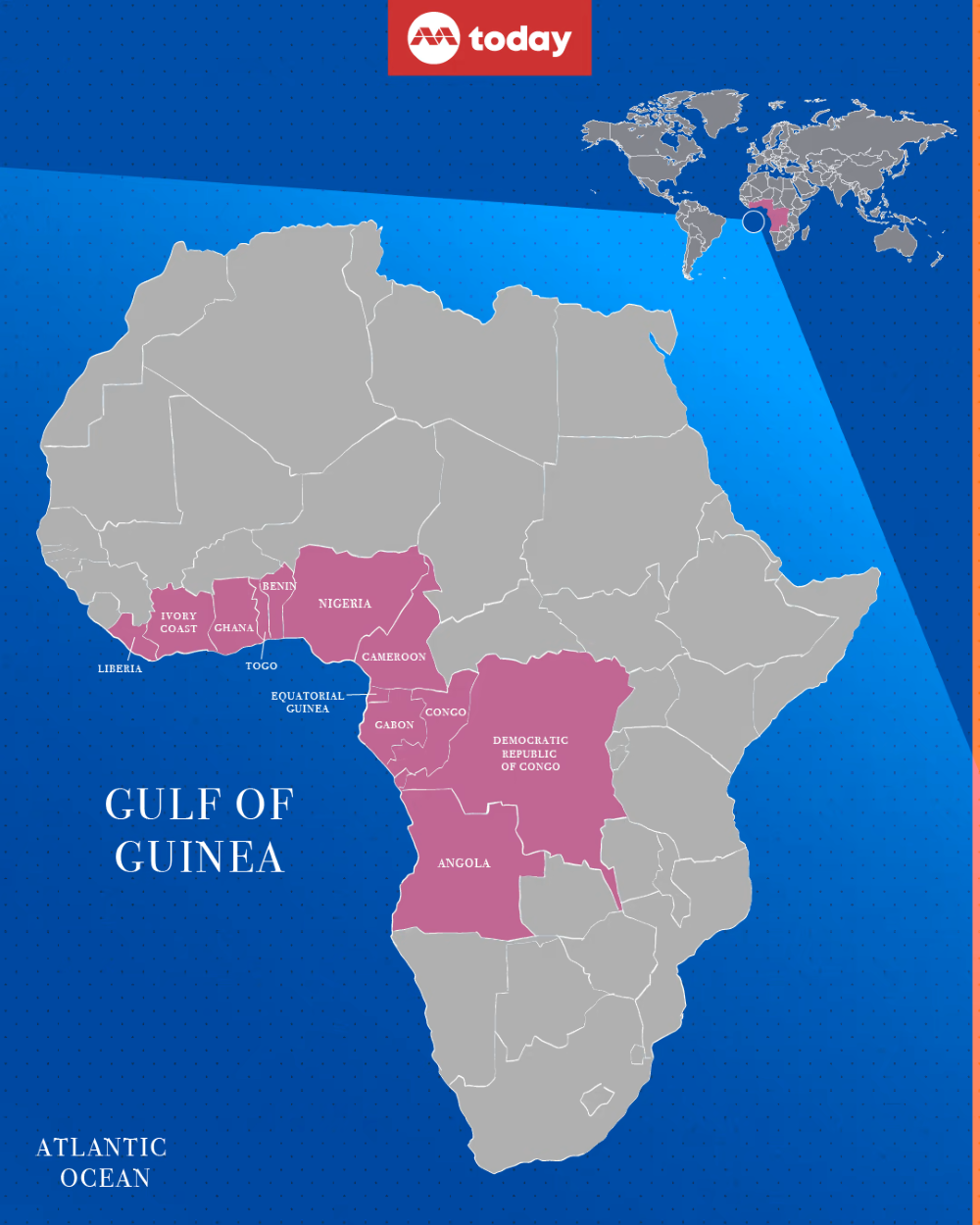
What happens if piracy or hijacking occurs in international waters?
Steven Lam, founder and director of law firm Templars Law LLC, said that acts of piracy do not typically occur in international waters because most pirates require a base from which to operate, so they operate close to the coast.
“It’s not like the old movies, like Pirates of the Caribbean,” Lam quipped.
“You will find that many pirates in the gulf area operate very close to certain countries,” he added.
“In essence, the pirates must operate from either a country’s coastal waters or at least from its exclusive economic zone.”
These countries would be required to take action against the pirates involved.
However, in the unlikely situation that piracy does take place in international waters, legislation against it is also covered under Unclos, which has a framework for tackling piracy under international law.
Where acts of piracy take place in international waters, it may be useful to ask nearby nations to help track down the vessel or the hideouts of those responsible “or even to try and establish contact with those who seized the ships or crew with the view to getting their release”, Mr Tan said.
Silvam said: “Further, where the act of piracy occurs on the high seas and the Singapore authorities arrest the pirates, the offenders can be dealt with under Singapore’s laws.”
What if a Singaporean is on board or the vessel is Singapore-registered?
“The presence of a Singaporean on board (a hijacked vessel) per se would not permit the Singapore authorities to board the vessel,” Silvam said.
However, the Singapore authorities can board the vessel in this particular case given that the tanker involved is a Singapore-flagged vessel.
Still, this would be subject to obtaining the coastal state’s permission for Singapore’s warships to enter its territorial waters, he added.
Also, even though Unclos does not expressly mandate that other states must inform the countries where the vessel is registered when dealing with pirates, “it is generally considered a customary international law obligation for states to do so as an important aspect of international cooperation in the fight against piracy and maritime crime”, Silvam said.
This obligation to keep the flag state informed is also recognised in other international agreements such as the Convention for the Suppression of Unlawful Acts against the Safety of Maritime Navigation — to which Singapore is a party.
Ultimately, the courts of the state that carried out the seizure or arrest would determine the penalties to be imposed, Silvam added. — TODAY

